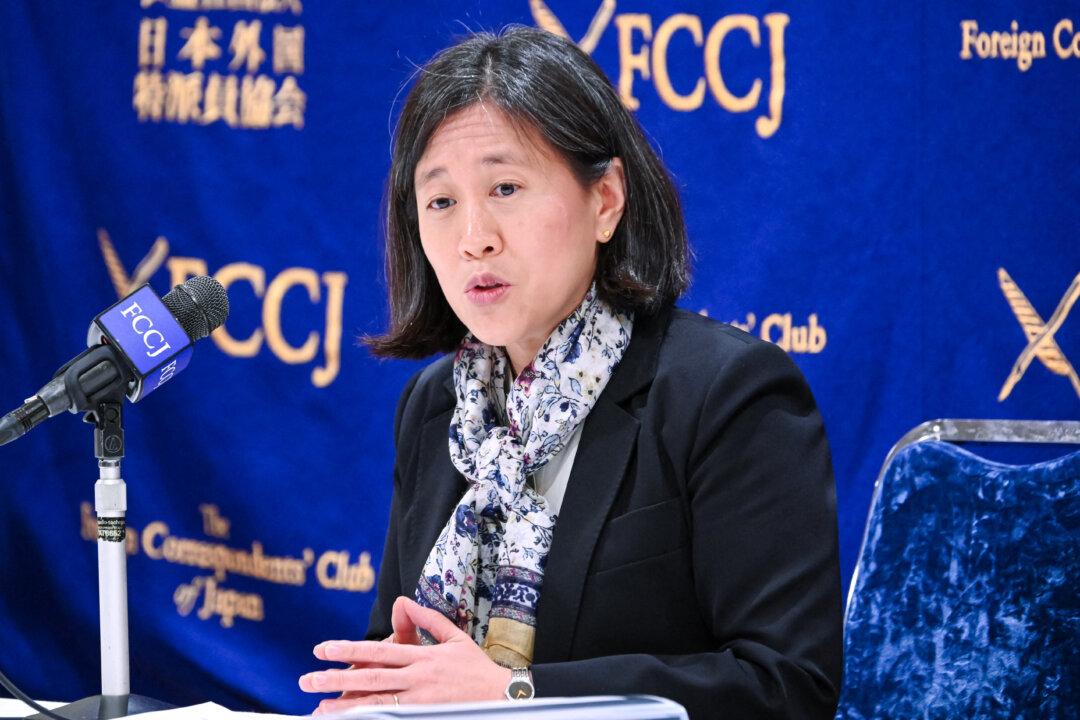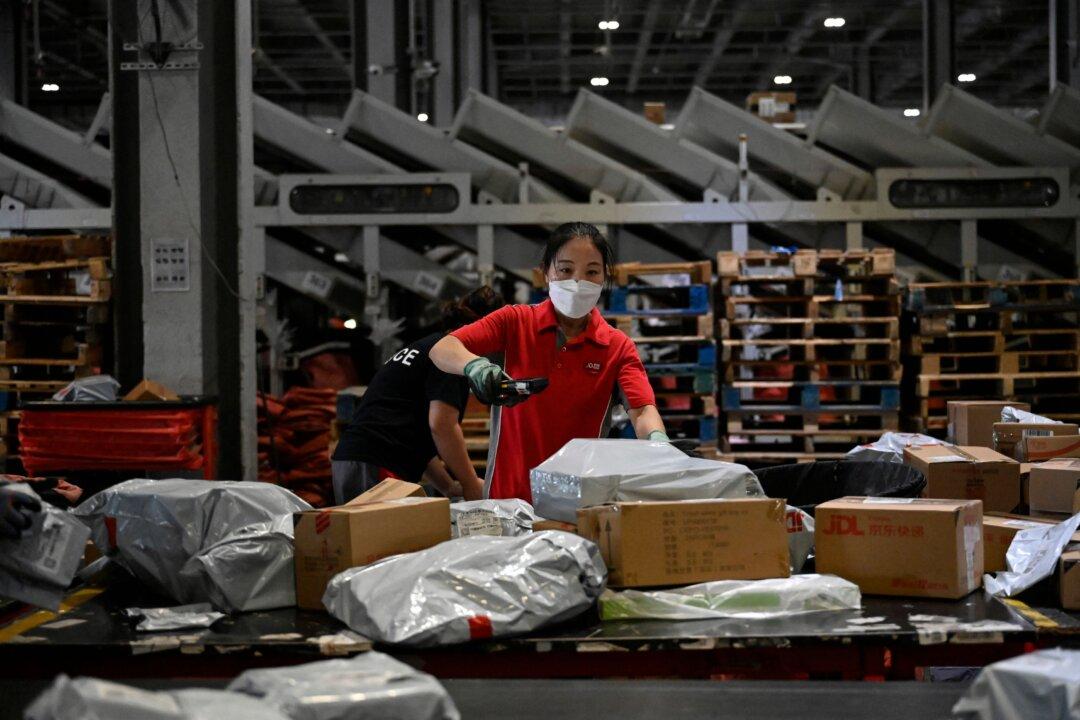In a message aimed squarely at China, U.S. Trade Representative Katherine Tai emphasized the importance of deepening economic ties between the United States and the European Union, stressing the need to work together to adjust to the shifting geopolitical landscape shaped by China’s growing global influence.
“Basing that community on a community of democracies is really important,” she said.





